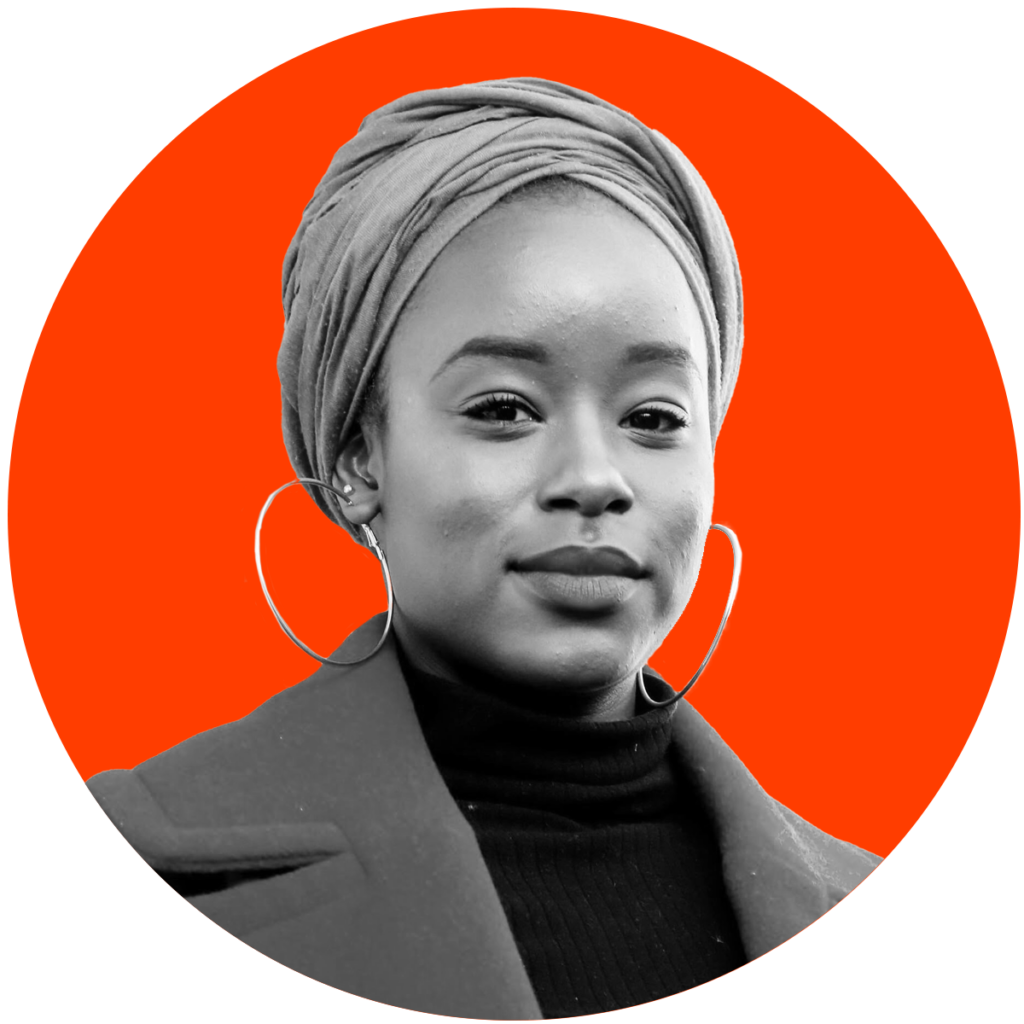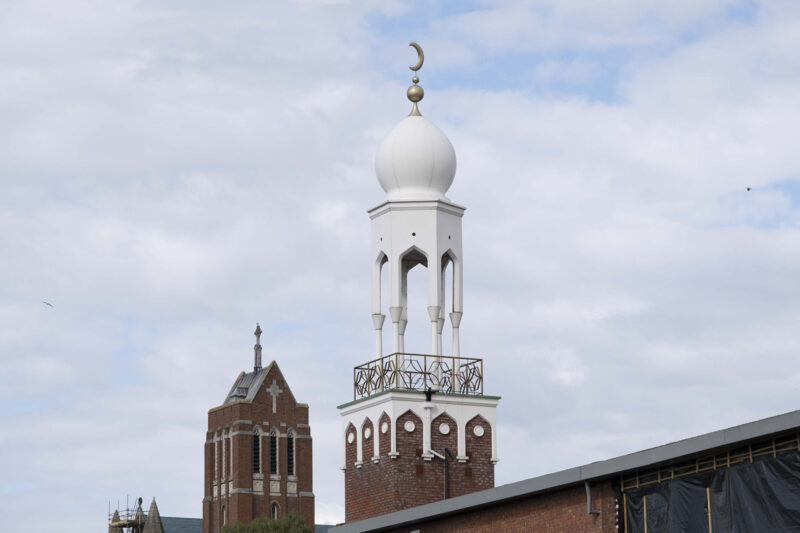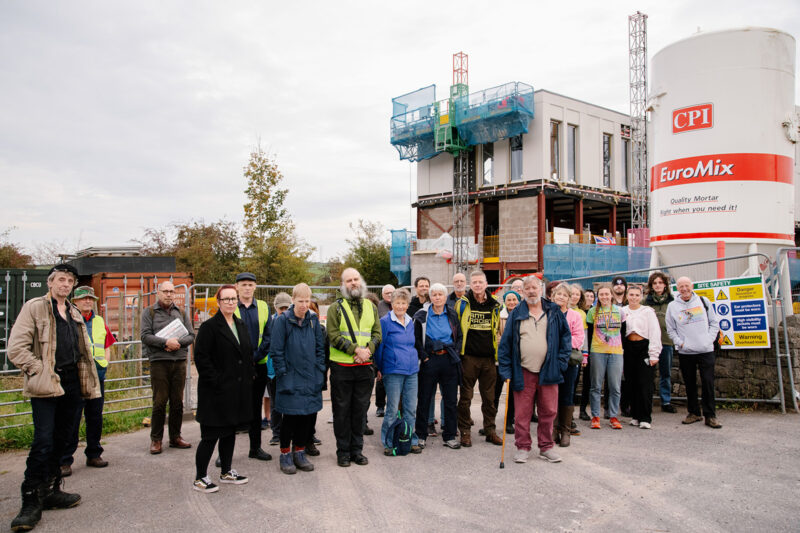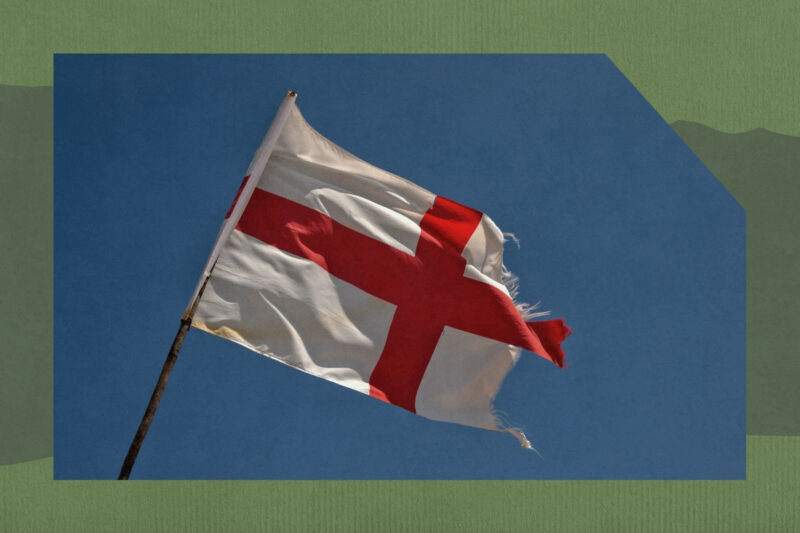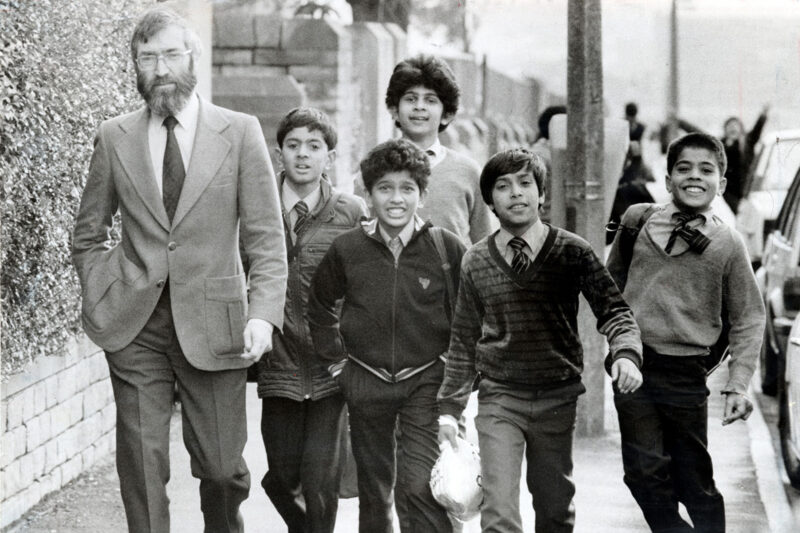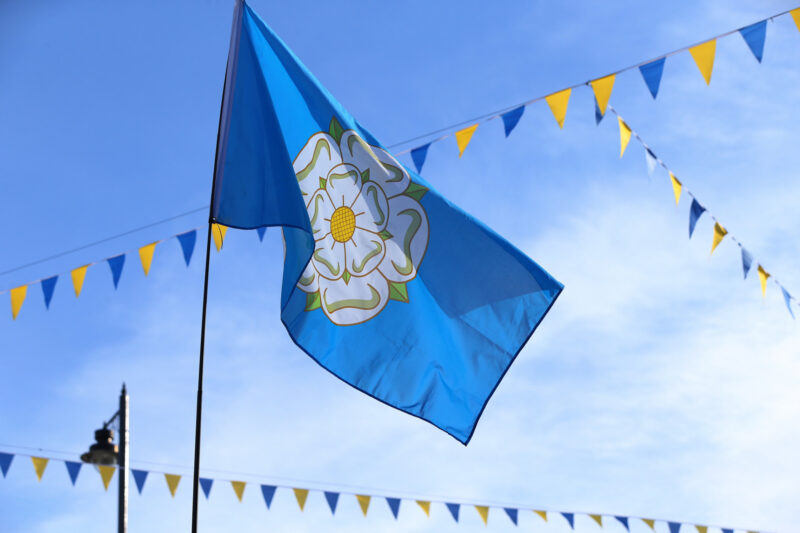Mothin Ali: ‘Nothing could have prepared me for the hate I’ve received since my election’
After the July unrest that shook the streets of Harehills in Leeds, the Green party councillor wants people to know the truth about his ward
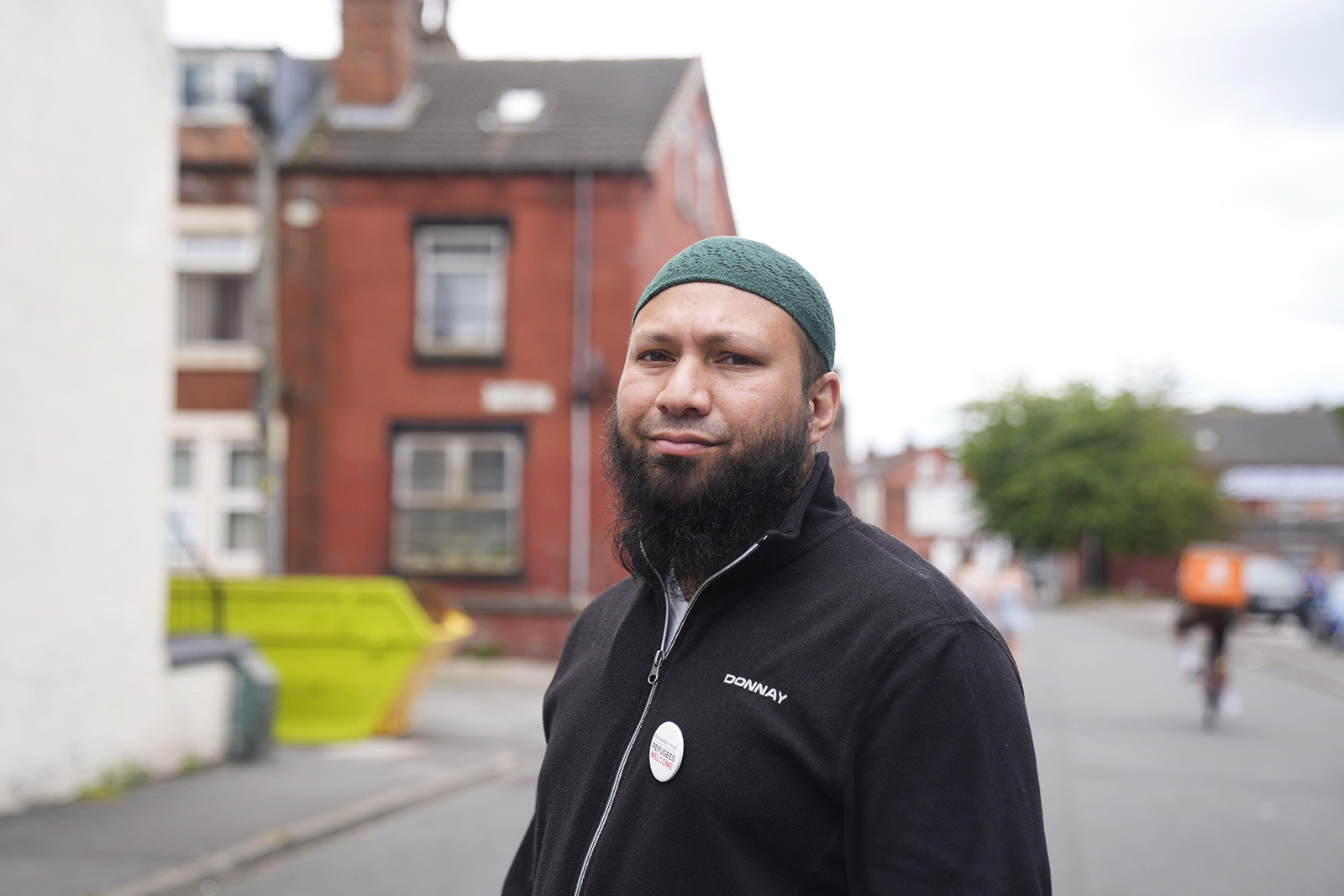
“The past couple of weeks have been absolutely insane. I’m a councillor who’s two-and-a-half months in the job,” says Mothin Ali. “This my first time serving in this sort of position and I’ve just been thrown into the deep end.”
Since entering public office, the Green party councillor for the Leeds ward of Gipton and Harehills has found himself at the heart of successive media firestorms. Immediately after his election victory in May, comments he made in support of Gaza and Palestinian rights received widespread criticism and were seized upon by the far right. Ali received a barrage of racist and Islamophobic abuse online, which forced him to temporarily deactivate his social media accounts and, he believes, led to someone slashing his car tyres outside his home.
Then came the evening of 18 July. Ali recalls sitting at home and receiving a call from his brother about an incident on Harehills Lane, the main road in his ward. Riots had broken out after four children, aged between eight and 14, from a local Roma family were taken into care by social services and police. His phone soon began to ping with WhatsApp messages containing disturbing images from the scene.
“When I saw the messages, I thought this can’t be real,” says Ali. “Even when I got there, I was still confused as to what was going on. It was completely unbelievable.”
Ali ran the mile from his home to the heart of the unrest. There he found a police car flipped on its side, sirens blaring and a crowd of around 1,500 people from mixed backgrounds gathering on the streets. As the night went on, the situation worsened, with riot police attacked by residents and a double decker bus set ablaze.
“It probably took me a few minutes to find out what was going on,” says Ali. “I then started speaking to people, including a couple of girls who said that social services had taken their little sisters and they haven’t seen them for a good number of years. There’s a bigger issue here about the way social services treat families from ethnic minorities.”
On social media, a different version of the story played out. Members of the far right blamed the Muslim community of Harehills for the disorder. Images of Ali in the thick of the commotion spread online and the likes of Stephen Yaxley-Lennon — more widely known as Tommy Robinson — founder of the English Defence League (EDL), accused him of playing an instrumental part in the riots. In fact, Ali had put himself between the rioters and police, attempting to defuse the situation and protect his community.
“It was such a blatant lie. The right wing in this country has an obsession with Muslims,” he says. “Nothing could have prepared me for the hate I’ve received since my election result to now.”
In a short space of time, Harehills went from a little-known inner-city area of Leeds to a focal point for the UK media. While that sudden attention has been overwhelming for some residents, it has also given the community the opportunity to talk about some of the hardships it faces.
“It’s allowed us to highlight some of the issues that people try to gloss over,” says Ali. “I saw some politicians say that this was a one-off thing and it was completely unforeseen. My personal view is that if you couldn’t predict this was going to happen, then you’re out of touch with what’s happening in the community. If we carry on as a country like this, then we’re going to see more unrest like this.”
The ward of Gipton and Harehills is one of the most densely populated areas in Leeds and one of the poorest areas in the country, according to the 2021 census. More than 65% of the population are from Black, Asian or minority ethnic backgrounds and 40% are Muslim.
“The community is poor,” says Ali. “From poor housing quality to a lack of opportunities, we’re struggling. There’s too many young men with free time, and then on top of that there’s the discrimination they have to deal with.”
As I walk down Harehills Lane, two weeks after the incident, the only sign of what took place are marks on the road from the bus that was set on fire. The street is bustling with people going about their days. Children on their school summer holidays play in the alleyways behind their homes, while fast food shops, convenience stores and hair salons are all open as normal.
Luxor Street, where the unrest first broke out, is like many other residential roads across the north of England, with red-brick terraced houses lining the pavements. Washing lines filled with laundry hang outside, and windows remain open in an attempt to catch a breeze on a hot morning. It doesn’t seem like the lawless and forbidding place some sections of the media have portrayed it as.
Chatting with a local resident, it is clear that there are some tensions in the community and I do encounter some anti-Roma sentiment. The issue also came up during a community meeting, held by Ali in St Aidan’s Church in Harehills with around 250 people, that I attended five days after the riots.
“I’ve gained a massive understanding of a part of my community that I just didn’t have a connection with before,” says Ali. “The Roma community has a real old-school community spirit, but now we have to learn how to integrate a community that is so close-knit into everyone else.”
Over time, the demographics of Harehills have shifted. In the past 10 to 15 years new groups — Roma, Gambian and Kurdish among them — have arrived. Before Ali took on his role, he was unaware just how isolated some of them felt. Now, he is working hard to combat the sense of atomisation that exists for many people in the area.
“We all live separately,” says Tsedal Alabachew, as she sweeps the floor of her small high-street cafe, offering Eritrean food and drinks. She has been in Leeds for 10 years and is part of a growing community of people from the east African country. “I stick to my community and everyone else sticks to theirs. We all keep to ourselves.”
Ejhaz Hussain, a 45-year-old man of South Asian heritage, born and raised in Harehills, echoes that feeling but also sees a lot of good in the area.
“People don’t know each other outside of their communities, so it’s easy to judge and make assumptions about one another,” he says.
Over the years, he has seen Harehills described as a no-go area and dislikes the way outsiders have made sweeping assumptions about his home without fully understanding it.
“Harehills is a place of hope. It’s a place of potential, but we just have to harness and mould it. We have a lot of good community organisations and leaders,” says Hussain. “It’s easy for someone to come from the outside and look at Harehills and think we’re a bit disjointed, but on the whole, we’re good, law-abiding citizens. It just takes a few bad apples to make us look worse.”
For Ali, the past two weeks have revealed a sharp learning curve. He entered his role hoping to use his love of gardening to create a tool library for local residents. “A lot of people are not cutting their hedges because they can’t afford a hedge trimmer,” he says.
He also recognised a need to tackle issues such as anti-social behaviour and the area’s problem with drug dealing, but now building solid community relations is his highest priority.
To start, Ali organised community meetings days after the riots and wants to run more, giving locals a space to talk about their problems. For many people, the gatherings have been the first time they have heard from representatives of the Roma community — something Ali wants to ensure continues in future.
He is also in the process of launching a campaign to make Leeds a City of Belonging. Much like the City of Sanctuary movement, which has seen the likes of Sheffield and Bradford become welcoming hubs for refugees, Ali wants Leeds officially recognised as a place where everyone, regardless of race and religion, can call home. Green party members in Leeds have been working on the idea for a while, but recent events have given them the drive to make it happen, he says.
While the last two months have been a challenge, Ali remains determined to do the best he can for his constituents.
“Maybe I was a little bit naive entering the role, thinking that you could just play an honest game and get through things,” he says. “People support the likes of Donald Trump and Nigel Farage because they believe that they say it how it is. But if someone like me speaks openly, we’re treated completely different. But I’m not going to stop, I’m just too stubborn for that.”
 Newsletter
Newsletter

